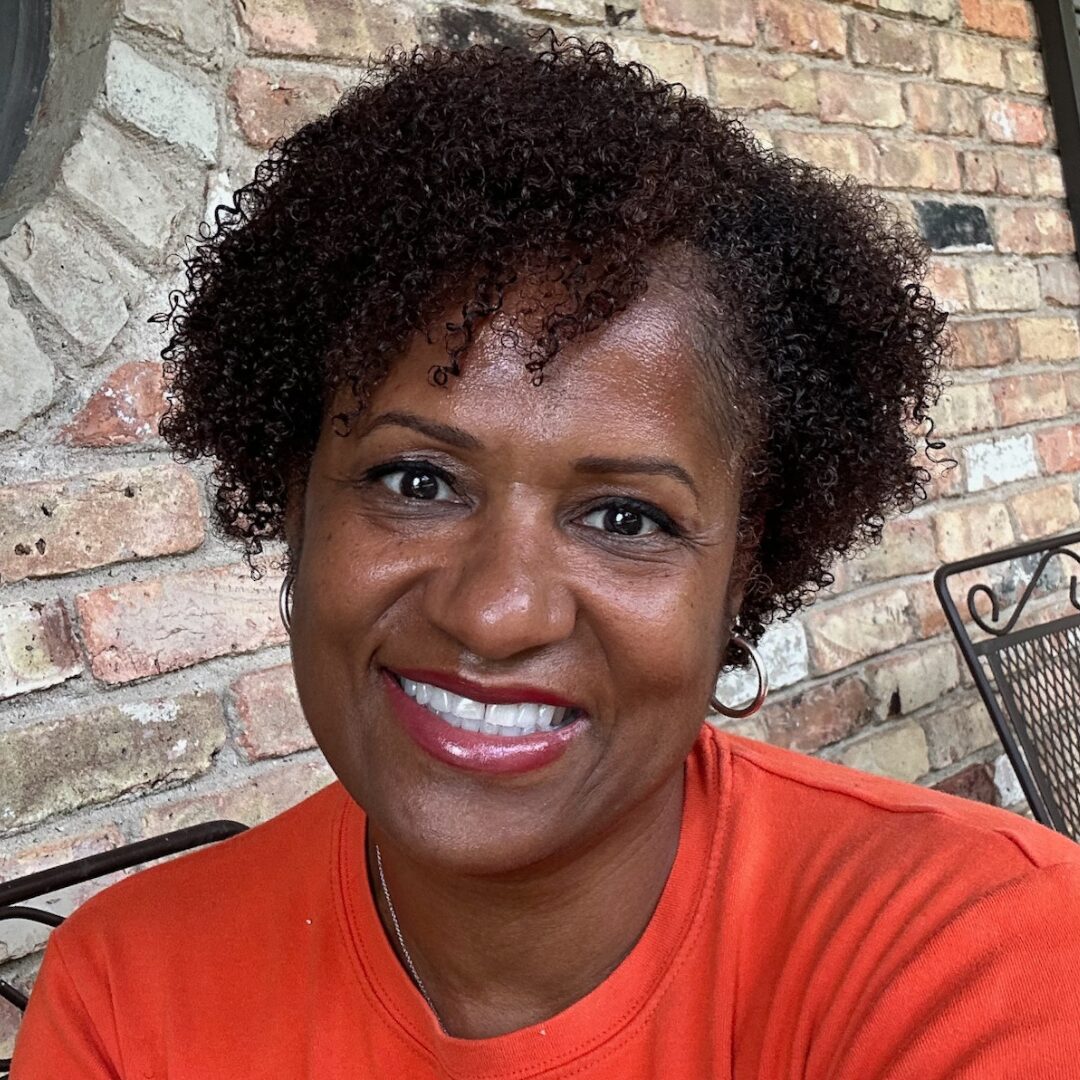Menopause and perimenopause symptoms are bad enough. But what if they’re so debilitating that they make being at work difficult? On the job, there may not be a way to cool off when a hot flash strikes. Or someplace to rest when that hormonal headache or exhaustion takes over. Or the privacy to deal with a myriad of other annoying symptoms.
My guest this week on the More Beautiful Podcast is Melinda Wenner Moyer, an award-winning science writer and regular contributor to the New York Times, who recently wrote a piece in the Times about women struggling with menopause in the workplace. She says some women experience such debilitating symptoms that they want to quit their jobs, or, if possible, work from home. The idea that midlife symptoms can affect our jobs is a loaded one, and Melinda and I tackle these important questions:
- Should women going through menopause be given special accommodations in the workplace? What does a menopause-friendly office even look like?
- How can managers support women experiencing these symptoms, and how can women communicate their needs without putting their jobs at risk?
- Why are some women afraid to speak up? Is corporate ageism feeding into this fear? What are the implications of telling your manager that you’re going through this transition?
- Why is menopause still a taboo topic in the U.S.?
- Most important, how can women get their symptoms under control and feel better—whether they work in an office or at home?
Melinda Wenner Moyer is an award-winning science journalist. She is a contributing editor at Scientific American magazine and a regular contributor to The New York Times, Washington Post, The Atlantic, and other national magazines and newspapers. She is a faculty member in NYU’s Arthur L. Carter Journalism Institute. Her first book, How To Raise Kids Who Aren’t Assholes, was published in July 2021. Excerpts have been published in The New York Times, The Atlantic, and Parents magazine, and the book is being translated into seven languages. Melinda may be reached at her website, on Twitter, or on Instagram.
This episode was edited by Ryan B. Jo.





